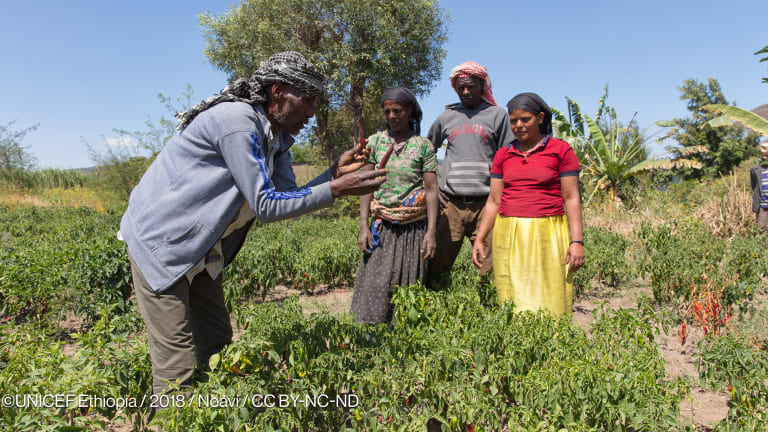Last week, the African Union and Organisation for Economic Co-operation and Development launched the 2022 Africa’s Development Dynamics report, which charts a path for the continent’s economic recovery from the COVID-19 pandemic.
The report — which has yet to be released, despite the launch — found that the pandemic is setting back Africa’s economic convergence with the world economy.
Africa’s economic growth will reach 3.9% in 2022, one percentage point lower than the growth rate for the rest of the world. In 2022, Africa’s gross domestic product as a share of world GDP is also expected to fall to 4.7% — the lowest level since 2002.
This story is forDevex Promembers
Unlock this story now with a 15-day free trial of Devex Pro.
With a Devex Pro subscription you'll get access to deeper analysis and exclusive insights from our reporters and analysts.
Start my free trialRequest a group subscription







